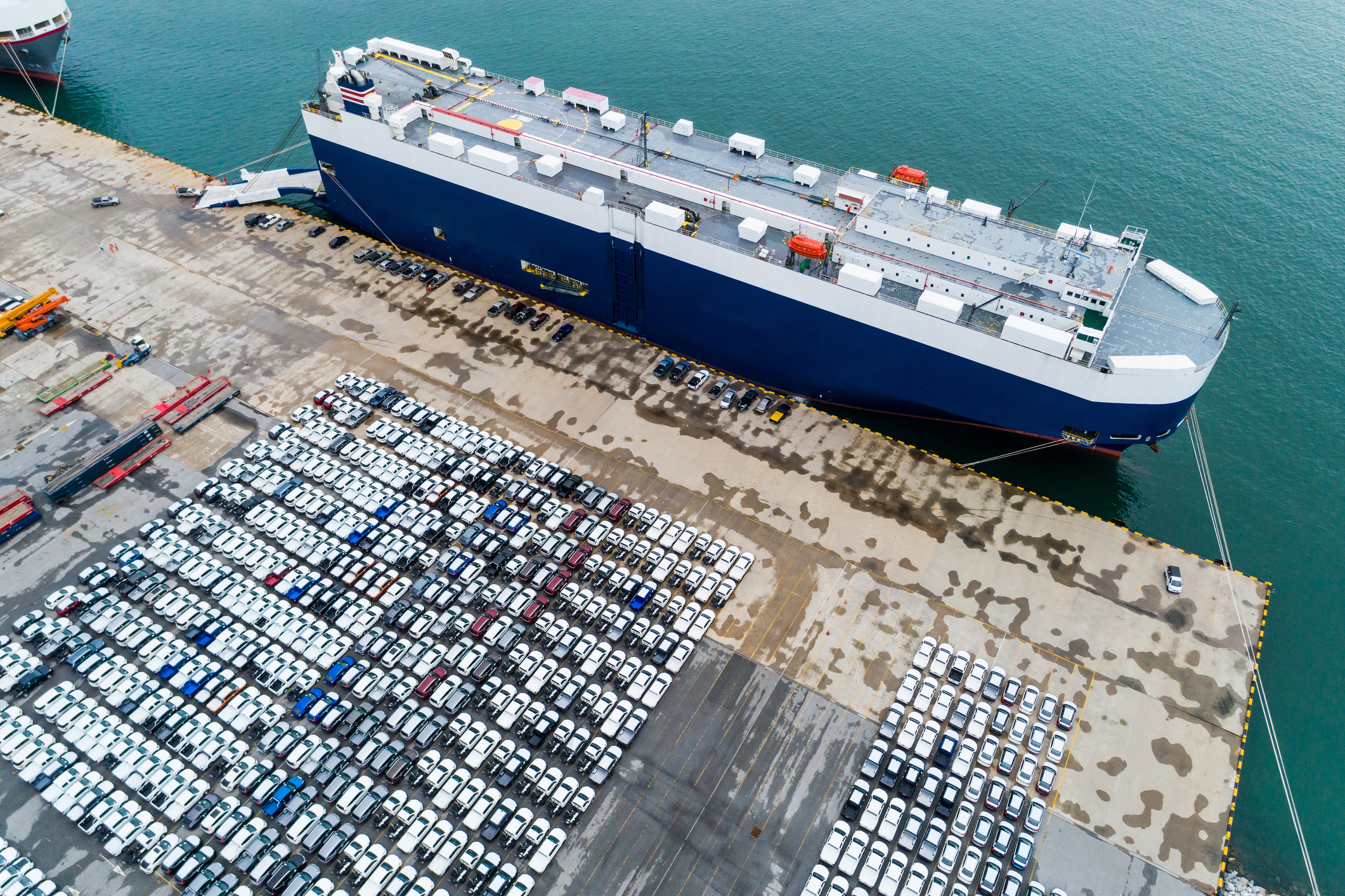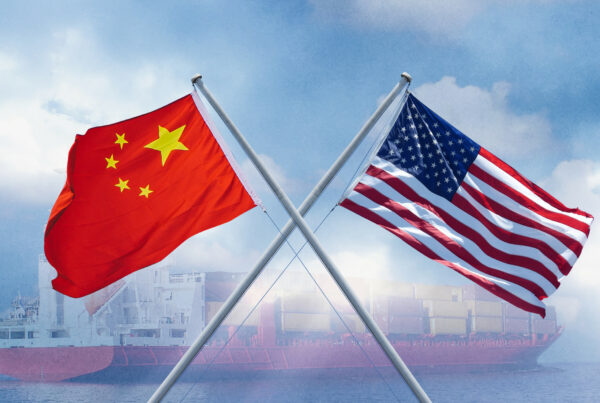As the ocean carriage of electric vehicles (EVs) becomes increasingly prevalent, so do the concerns regarding their safety. Addressing those concerns, the International Union of Marine Insurance (IUMI) published a detailed paper outlining best practices and recommendations for the safe transportation of EVs. Here, we explore the key takeaways from IUMI’s recommendations and delve into the legal nuances of cargo safety and insurance.
Reassessing the Risks Associated with EV Fires
IUMI’s secretary-general, Lars Lange, clarified that contrary to popular belief, fires involving EVs are neither more frequent nor more dangerous than those occurring with internal combustion engine vehicles. But because of the potential for thermal runaway in EV battery fires, which can make them more challenging to extinguish and prone to re-ignition, the guidelines advocate for rapid implementation of mitigation measures, including boundary cooling.
Differentiating between RoRo Vessels and PCTCs
IUMI’s paper highlights the contrasting fire safety challenges presented by RoRo vessels and Pure Car and Truck Carriers (PCTCs). While the open decks of many RoRos can hinder firefighting efforts due to increased air flow, PCTCs face issues due to the closely-packed arrangement of vehicles, which can facilitate the quick spread of fires and limit emergency access. The report further notes additional risks associated with RoPax vessels, which accommodate both passengers and vehicles, emphasizing the need for clear cargo policies and efficient fire detection and extinguishing systems.
Looking Ahead: The Regulatory Response
As the transportation of alternative fuel vehicles becomes commonplace, there is a pressing need for regulatory frameworks to evolve, maintaining pace with the “new reality,” as noted by Lange. In light of that, the International Maritime Organization’s Sub-Committee on Ship Systems and Equipment (SSE) plans to initiate discussions on enhancing fire protection measures on ships carrying new energy vehicles from March 2024.
Legal Perspective: Implications for Cargo Insurance and Safety
From a legal standpoint, the above developments underscore the need for cargo insurance policies that account for the unique risks associated with EV transportation. Maritime law firms like Roberts & Kehagiaras are uniquely positioned play a pivotal role in navigating the evolving landscape of regulations and helping clients draft insurance policies that offer comprehensive protection against potential hazards.
Roberts & Kehagiaras’ Expertise on Marine Insurance Requirements
Drawing upon our extensive experience, robust network, and wealth of industry knowledge, we are equipped to assist stakeholders in understanding and aligning with the evolving guidelines and best practices like the one released by IUMI. We find it imperative for businesses to understand the changes in regulatory expectations and how they translate to risk management and legal responsibilities. Our team can advise you on formulating marine insurance policies that will be consistent with emerging regulations and that will offer robust protection against potential hazards associated with the transportation of EVs.
To discuss the evolving risk management landscape and its implications on your business, we invite you to connect with our team at Roberts & Kehagiaras.







